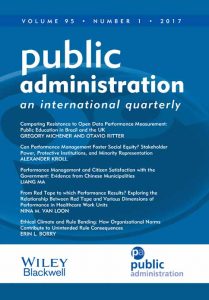Globalization, Humyn Trafficking, and The UN
The critical theorists argue that the progress of modernity actually serves as a source of domination and dehumynization. One can see the validity of this theoretical perspective when thinking about the global issue of humyn trafficking. The deputy director of International Organization for Migration announced that there is an estimated 600,000 to four million people trafficked annually.

Last week the UN General Assembly met to discuss the possibility of creating a “global plan of action” to end humyn trafficking. The majority present supported the idea of collective action concerning the issue, but the representative from the United States was quoted stating, “We believe that the U.N. is already effectively leading the fight against global trafficking.” One has to question how “effectively” is operationalized in light of the above stastistics. To read more about the meeting, please see the link below.
In a recently published article in Sociology Compass, Limoncelli reviews what is known about humyn trafficking including critiques of anti-trafficking efforts and argues for ” a transnational sociological framework” in an effort to move theory and research on humyn trafficking forward. To learn what the last decade of research on humyn trafficking has found and learn more about the transnational sociological framework Limoncelli suggests, please see the link below.
RIGHTS: Few Govts Serious About Human Trafficking, U.N. Finds / Matthew Berger
![]()
Human Trafficking: Globalization, Exploitation, and Transnational Sociology / Stephanie A. Limoncelli


















What an important area of research. I look forward to the idea of a transnational sociological framework. It seems there are many international issues that this tool might be useful for understanding.
Keri